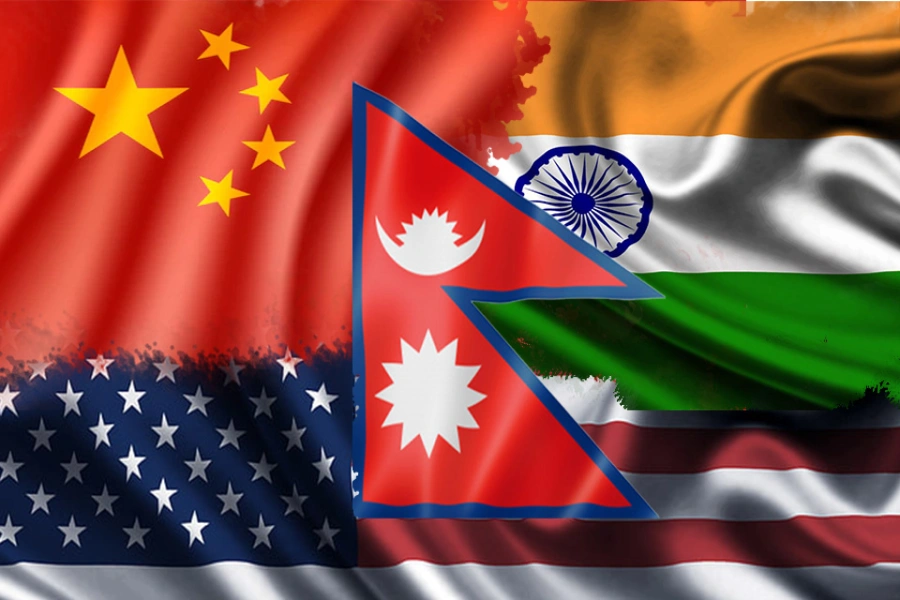It was a usual bus ride from my college to home. I was struggling to make some space in the overcrowded bus. It was hot and suffocating and the unbalanced speed of the bus was making me swing back and forth, my concentration drifted towards a tall man with gentle attire, constantly staring at me. He was trying to touch me with an excuse of unbalanced bus speed. I did not want to create a scene, so I kept quiet and ignored him.
After repeated incidents, I reached my stop. Thousands of emotions overwhelmed me. All these years, I learned about women harassment. However, when it came to me, I was too late to realize and was left alone with regret.
I researched on women harassment in public transportation once I reached home. I was shocked to find that even women in countries like France, Canada, the United States and England face harassment in public transportation. According to a French Government study carried out by the High Council for Equality between Women and Men (HCEfh), 100 percent of women have experienced sexual harassment or worse on public transport in France. The survey conducted by YouGov in 2014 pointed that the city having the worst public transportation for women was Bogota, Columbia followed by Mexico City, Lima, Peru, and New Delhi, India, and the safest city for women to travel in public transportation was New York City. The survey mentioned that most of the women in towns with worst transportation chose to tolerate the harassment in the fear that no one will intervene to support them. As far as the situation in Nepal is concerned, a survey conducted by the World Bank in 2013 found that one among three women in Nepal feel unsafe on public transportation.
In France, the high council for gender equality recommended launching of a national plan of action on stopping sexual assault through things like flyers, poster campaign and transport announcements, and a special emergency number, 3117, for victims, printed on the tickets.
Similarly, cities in Canada have a system called “between two stops,” which allow female travelers, who do not feel safe, to ask the bus driver to stop the bus in between the stops if it is closer to the passenger’s destination. Likewise, Japan, Malaysia, India, Taiwan have introduced women-only bus service or a separate carriage for women in train to spare women from sexual harassment.
While many countries are beginning to take tougher stands against sexual harassment in public transportation, it is one of the overlooked issues in Nepal. With no proper enactment of laws against women harassment in public transportation, there is microscopic effort to minimize the increasing level of harassment from the national level. However, considering the urgency of increasing level of sexual harassment, efforts from both the government and public is needed.
Sexual harassment case settled secretly

Roja Baruwal is a recent +2 graduate from Nobel Academy





































